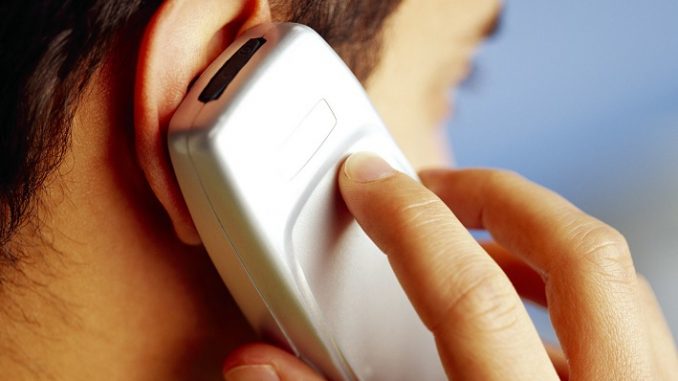
If you receive a phone call from someone asking “can you hear me,” hang up. You’re a potential victim in the latest phone scam circulating around the U.S.
Police are now warning about the scheme. The “can you hear me” con is actually a variation on earlier scams aimed at getting the victim to say the word “yes” in a phone conversation.
The affirmative response is recorded by the fraudster and used to authorize unwanted charges on a phone or utility bill or on a credit card.
“You say ‘yes,’ it gets recorded and they say that you have agreed to something,” said Susan Grant, director of consumer protection for the Consumer Federation of America. “I know that people think it’s impolite to hang up, but it’s a good strategy.”
But how can you get charged if you don’t provide a payment method? The con artist already has your phone number, and many phone providers pass through third-party charges.
In addition, the criminal may have already collected some of your personal information — a credit card number or cable bill, perhaps — as the result of a data breach. When the victim disputes the charge, the crook can then counter that he or she has your assent on a recorded line.
What can you do? If you suspect you have already been victimized, check your credit card, phone and cable statements carefully for any unfamiliar charges. Call the billing company — whether your credit card company or your phone provider — and dispute anything that you didn’t authorize on purpose. If they say you have been recorded approving the charge and you have no recollection of that, ask for proof.
If you do answer a call from an unfamiliar number, be skeptical of strangers asking questions that would normally elicit a “yes” response. The question doesn’t have to be “can you hear me?” It could be “are you the lady of the house?”; “do you pay the household telephone bills?”; “are you the homeowner?”; or any number of similar yes/no questions. A reasonable response to any of these questions is: “Who are you, and why do you want to know?”
If the caller maintains they are with a government agency — Social Security, the IRS, the Department of Motor Vehicles or the court system — hang up immediately. Government officials communicate by mail, not phone (unless you initiate the call). Many con artists use the aegis of authority to convince you to keep talking. The longer you talk, the more likely you are to say something that will allow them to make you a victim.





Be the first to comment